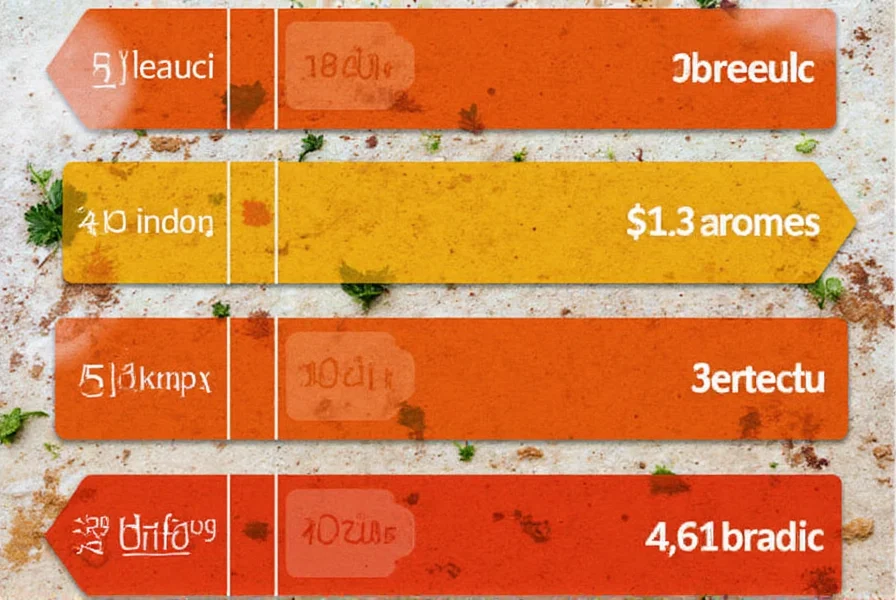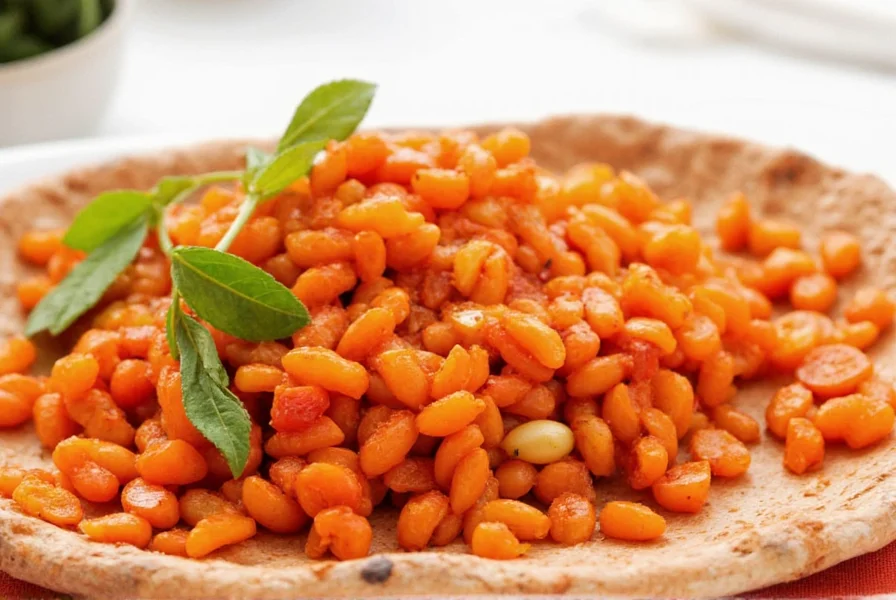When exploring is Cajun spicy, many people assume this Louisiana culinary tradition is uniformly fiery hot. The reality is far more nuanced. Cajun cooking developed from the French Acadian settlers in Louisiana and evolved into a distinctive cuisine that prioritizes complex flavor over simple heat.
Understanding Cajun Cuisine's Flavor Foundation
At the heart of Cajun cooking lies the "holy trinity"—a mixture of onions, celery, and bell peppers that forms the base of most dishes. This aromatic foundation creates depth before any spices are added. Unlike what many believe about is Cajun food always spicy, the cuisine's signature flavor comes from a careful balance of:
- Paprika (providing color and mild sweetness)
- Garlic powder and onion powder
- Black pepper (often freshly ground)
- Cayenne pepper (the primary heat source, but used judiciously)
- Thyme, oregano, and other herbs
The amount of cayenne pepper determines the heat level, and traditional Cajun cooks adjust this based on personal preference and the dish being prepared. A proper cajun seasoning heat level should enhance, not overwhelm, the other flavors.
Cajun vs. Creole: Understanding the Spice Difference
Many confuse Cajun and Creole cuisines, but they have distinct characteristics, especially regarding spice:
| Characteristic | Cajun Cuisine | Creole Cuisine |
|---|---|---|
| Origin | Rustic, country cooking of Acadian settlers | Urban, sophisticated cooking of New Orleans |
| Spice Approach | Dry spices added during cooking | Often uses tomato-based sauces that mellow spices |
| Heat Level | Generally more robust and potentially spicier | Generally more moderate with balanced flavors |
| Signature Dishes | Gumbo, jambalaya, étouffée | Shrimp Creole, red beans and rice, courtbouillon |
This comparison helps clarify the common confusion around cajun vs creole spice level. While both cuisines can be spicy, Cajun dishes often have a more direct heat profile, whereas Creole dishes typically incorporate tomatoes that temper the spiciness.

Factors That Determine Cajun Dish Spiciness
Several elements influence how spicy a Cajun dish will be:
- The cook's preference - Some chefs use generous amounts of cayenne, while others use it sparingly
- Regional variations - Dishes from different parts of Louisiana may have distinctive spice profiles
- Specific recipe - Gumbo might be milder than a spicy Cajun chicken dish
- Commercial seasoning blends - Store-bought mixes vary widely in heat level
When asking how spicy is Cajun cuisine, it's essential to recognize that "Cajun" refers to a cooking style rather than a specific heat measurement. Authentic Cajun cooking values flavor complexity over pure heat.
Adjusting Cajun Spice to Your Preference
One of the great aspects of Cajun cooking is its adaptability. If you're concerned about heat levels, consider these approaches:
- Start with less cayenne pepper and add gradually
- Use smoked paprika instead of cayenne for depth without intense heat
- Add dairy (like cream or cheese) to mellow the spice in finished dishes
- Include sweet elements like bell peppers to balance heat
- Always have hot sauce on the side for those who want extra heat
Understanding can you make Cajun food less spicy is important for home cooks. The beauty of this cuisine is that you can tailor the heat to your personal taste while maintaining authentic flavor.

Common Misconceptions About Cajun Spice
Several myths persist about Cajun cuisine and heat:
- Misconception: All Cajun food is extremely spicy
Reality: Traditional Cajun cooking emphasizes flavor balance, with heat as just one component - Misconception: Cajun and Creole are the same in terms of spice
Reality: They have distinct approaches to seasoning and heat - Misconception: If it's not burning hot, it's not authentic Cajun
Reality: Authenticity comes from technique and ingredients, not maximum heat
When exploring what makes Cajun food spicy, remember that the cuisine's depth comes from the careful layering of flavors, not just the addition of heat.
Conclusion: The Balanced Truth About Cajun Spice
Cajun cuisine incorporates spice as part of its complex flavor profile but isn't defined by heat alone. The question is Cajun spicy doesn't have a simple yes or no answer—it depends on the specific dish, recipe, and cook's preferences. Traditional Cajun cooking values the harmony of flavors, with heat playing a supporting rather than starring role.
Whether you're a heat enthusiast or prefer milder flavors, understanding the true nature of Cajun seasoning allows you to enjoy this rich culinary tradition authentically. The best Cajun dishes offer a symphony of flavors where spice enhances but doesn't dominate the experience.










 浙公网安备
33010002000092号
浙公网安备
33010002000092号 浙B2-20120091-4
浙B2-20120091-4